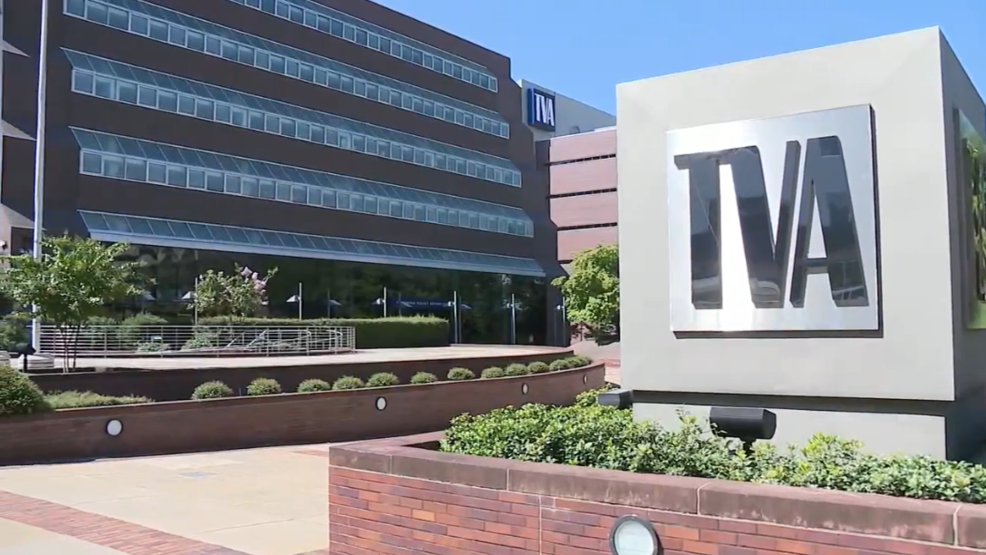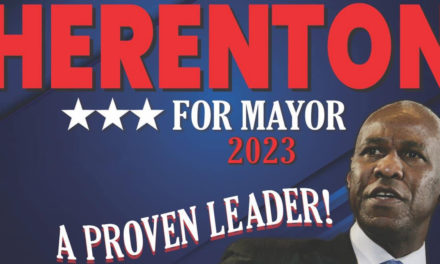Tennessee Valley Authority just made it easy.
In delivering its “my way or the highway” ultimatum refusing to negotiate with Memphis as it considers who its electricity provider should be, it ratified the negative perceptions held by many Memphians.
The adage is that unless you are willing to walk away from the table, you’re not really negotiating. That said, if the other side walks away, they have terminated their participation and removed themselves from consideration.
All in all, the TVA mandate symbolizes the attitude of a large bureaucracy that is used to getting its way and throwing its weight around, displaying the arrogance of an agency headquartered 400 miles away and used to talking at Memphians rather than with them.
Ratepayers here provide about 11% of TVA’s revenues. And yet, political and civic leaders have complained for years – if not decades – that Memphis and Shelby County were ignored by TVA, which seemed to shower other parts of the state with grant funds and financial support which its largest customer – Memphis and Shelby County – helped pay for.
Playing Politics
Recently, TVA president and CEO Jeff Lyash said the energy monolith will not be lobbying Memphis leaders to keep its business here; however, the truth is that’s actually been going on for more than a year. TVA is doing whatever it can to keep a competitive marketplace from emerging here – and spreading like a virus through the rest of its territory.
It’s no coincidence that since the discussion began here to consider if we are paying a premium for electricity from TVA, its behavior has been more political than persuasive as it flexed the power of its political muscle and its deep pockets.
There was the sudden romancing of Memphians who TVA officials deemed politically connected, the flow of money to some nonprofits which were also perceived as having political influence, public appearances intended to bolster the spine of MLGW officials to stick with it, and now an attempt to throw sand into the machinery evaluating all options for the community’s electrical provider.
After 10 years of significant increases, TVA – for the first time in 13 years – is even offering cheaper rates to its customers – if they sign a 20-year contract that requires a 20-year notice to leave TVA.
A Competitive Marketplace
Apparently, all of this left TVA feeling cocky enough for Mr. Lyash to issue his ultimatum: TVA will not negotiate with Memphis. In fact, it won’t even respond to the RFP (request for proposals) that’s going to be issued by MLGW to energy providers, not even to put in writing its present position.
We guess it makes sense that TVA has been playing an insider political game. After all, it’s next to impossible for it to make a convincing case on the merits when the question is: why should Memphis and Shelby ratepayers pay an extra $3.7-9.2 billion over 15 years for the privilege of remaining a TVA customer? That’s the range of savings predicted in a multitude of studies, including one by MLGW, about non-TVA electrical providers.
To make sure there was no confusion about its inflexibility, TVA added that it would not consider selling the Allen Combined Cycle Plant to Memphis, it offered Memphis a 20-year contract (although the next two decades promise profound changes in the energy sector and potentially federal environmental policy concerning carbon credits), and it won’t put in writing an offer he had previously made – for TVA to help with infrastructure costs with some form of payback arrangement.
To defend his recalcitrance, he said that TVA treats all of “our customers in the Tennessee Valley consistently” and that TVA would never “do one-off deals.” Based on the studies of options here, that could mean all of the other 153 customers of TVA are also overpaying for electricity.
In fact, many of them, particularly large cities, are watching closely to what happens in Memphis because it could offer lessons or open the door for them to pay lower rates. It’s hard to imagine they would complain about a “one-off” deal if it would lead to a more reasonable rate for them as well.
A Major Anti-Poverty Strategy
Mayor Strickland, after being sworn in for his second term, said the decision on a potential change from TVA is one of the most important questions facing the city. At this point, based on the facts, it seems an easy call, and that’s not to mention that in a city where we place great value on relationships, it’s obvious TVA doesn’t.
Scott Bernstein, the highly respected head of the Chicago-based Center for Neighborhood Technology, worked with the Wharton Administration to create the Blueprint for Prosperity – the plan to reduce poverty in Memphis by 10 points in 10 years. Unfortunately, it was discarded by the Strickland Administration.
One strategy by Mr. Bernstein was to increase the disposable income of low-income families by reducing transportation and housing costs while other strategies attacked the roots of poverty. The recommendations in the Blueprint for Prosperity were bold and doable, but there was nothing in the plan that could reduce the cost of living for low-income families as much as changing energy providers for Memphis.
In a city with one of the highest poverty rates of the 50 largest cities, this is as close to a no brainer that we can imagine.
***
Join us at the Smart City Memphis Facebook page for daily articles, reports, and commentaries relevant to Memphis.






No surprises here. Especially no surprise in the Strickland Administrations rejection of the anti-poverty strategy. The poor are necessary to the wealthy. The wealthy are not necessary or society or the poor. Cutting costs for poor and working people means cutting profits for the wealthy.
Thanks for the good article. I am writing to say that these articles just break my heart. TVA was such an important innovation in public power — the agency was set up to calm rivers, deliver electricity to those that needed their first connection, and feed the electricity to the big military establishments in WWII. There were so many positive things about TVA — and some of the big battles against private (profit driven) power were fought right here in west Tennessee. But those very positive things about TVA were several generations ago now. It still breaks my heart that they are ‘bad’ guys now.
TVA offers us a set, regulated rate for electricity. If Memphis would leave TVA and join MISO (which is about six times larger than TVA), we could buy our electricity on the open market. Guess what that means? Lower electricity rates. In turn, as Smart City points out, lower electric rates would leave many people in need with more disposable income. Is TVA is now the “bad guy”? The Authority is simply in a self-preservation mode. There’s good reason for that. The top guy makes $8.1 million a year. If I made that kind of money, I’d want to preserve that, too. But he’s doing it on the backs of ratepayers struggling to stay afloat financially and there’s something very wrong with that.